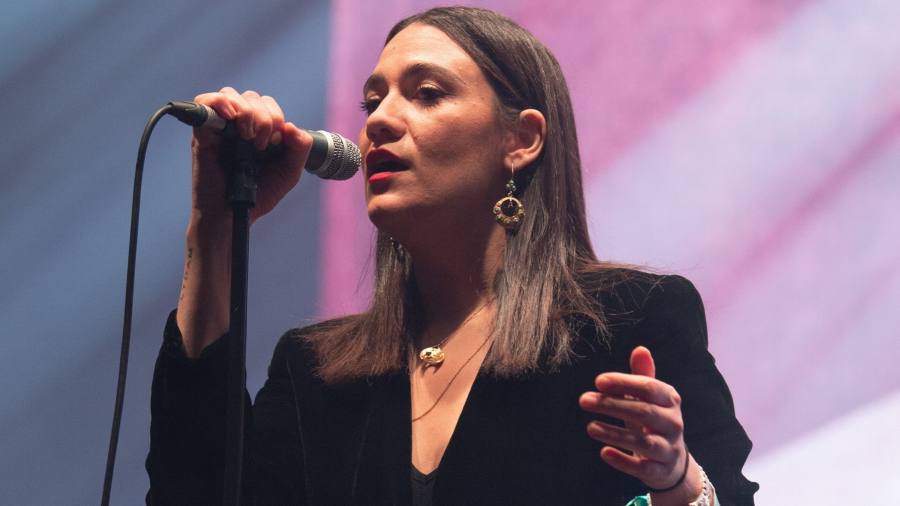
The UK competition regulator has ruled out further action to help artists earn more money in the music streaming market despite claims from many in the industry that the system is depriving them of a fair wage.
The Competition and Markets Authority found that record labels and streaming services were unlikely to be making high levels of excess profits that could be shared with artists. It concluded that streaming had led to more competition, not less, for listeners and musicians.
The CMA’s interim chief executive Sarah Cardell said: “We heard from many artists and songwriters across the UK about how they struggle to make a decent living from these services.
“These are understandable concerns but our findings show that these are not the result of ineffective competition — and intervention by the CMA would not release more money into the system that would help artists or songwriters.”
The streaming boom enlivened the music industry, which was on a 20-year decline, and streaming now accounts for around three quarters of UK recorded music revenues. But artists including Mercury Prize-nominated Nadine Shah have complained they are not earning enough to survive in spite of generating millions of streams.
The watchdog launched its market study in January to look at whether big record labels or streaming services such as Spotify held “excessive power”. The probe followed a report by MPs on the Department for Digital, Culture, Media and Sport select committee that highlighted a broken model that was failing to reward musicians fairly.
The MPs called on the CMA to look into the power wielded by the three biggest music companies — Universal Music, Sony Music and Warner Music — that control more than two-thirds of the global recorded music market.
In its report, the regulator acknowledged streaming had boosted the operating margins of the large record labels. It said that while the money from streaming was shared more widely than before, more than 60 per cent of streams were recorded by the top 0.4 per cent of artists, who tended to be signed to the big labels.
Artists could expect to earn around £12,000 from 12mn streams in the UK last year, the regulator said, but less than 1 per cent of artists achieved that popularity.
But the CMA concluded that artists’ concerns could not be blamed on high levels of concentration. Musicians had more avenues before to share their music with listeners. And royalty rates on average had increased — from 19.7 per cent in 2012 to 23.3 per cent last year.
Listeners also benefited from lower prices as a result of increased competition among streaming sites. Prices for consumers fell by more than 20 per cent in real terms between 2009 and 2001, it found.
The conclusions are likely to frustrate the artists who gave impassioned evidence to the DCMS committee and the regulator, which was published in September. The CMA said some respondents claimed streaming “benefited music companies and streaming services at the expense of the creators who sustain the industry.”
The Musicians’ Union said “creators and performers need the market to operate differently or they simply won’t be able to sustain careers in music.”
Cardell said on Tuesday: “Streaming has transformed how music fans access vast catalogues of music, providing a valuable platform for artists to reach new listeners quickly, and at a price for consumers that has declined in real terms over the years.”
The regulator said any policy was not for the CMA to draw up, but could be considered by the government and policymakers instead.